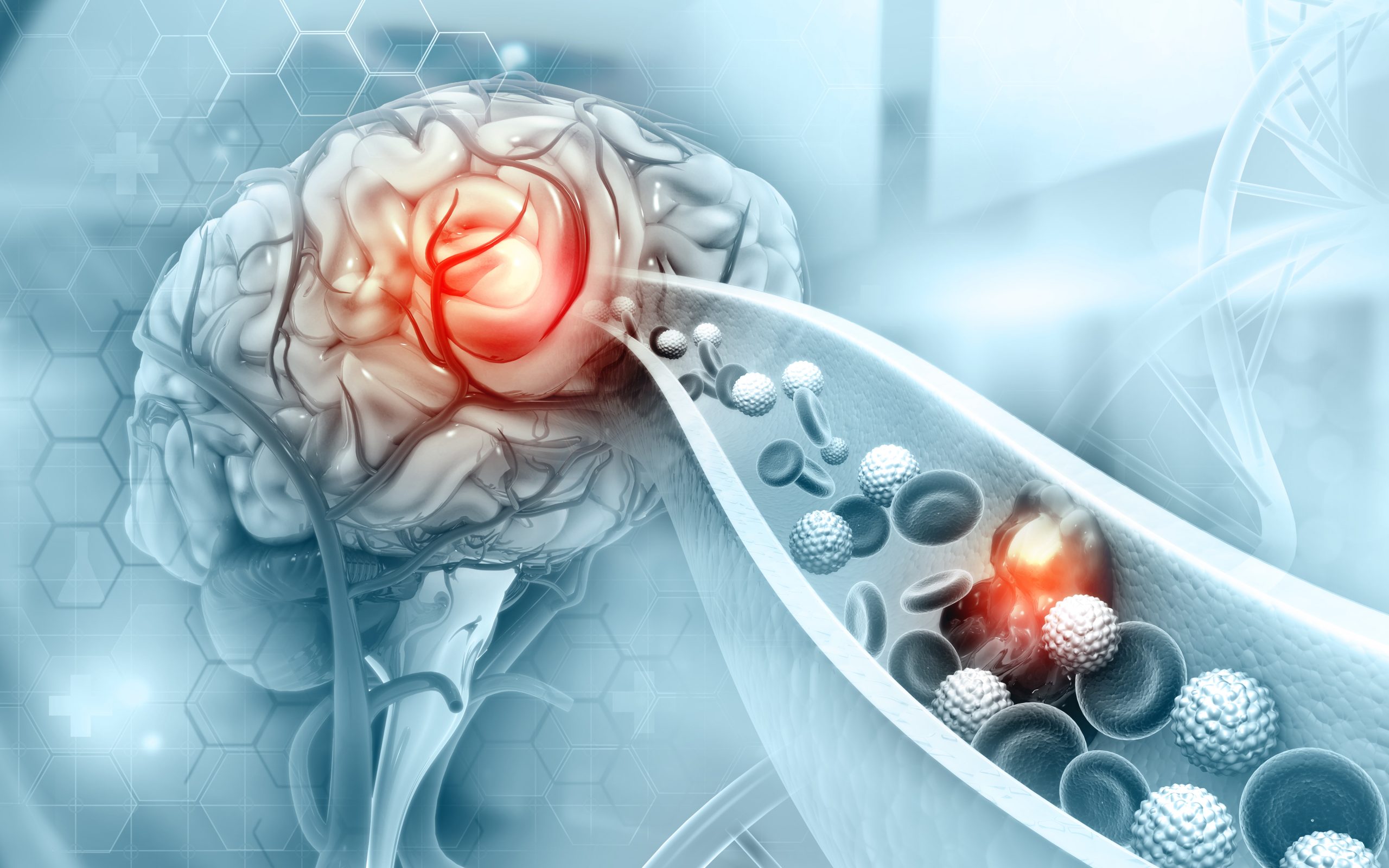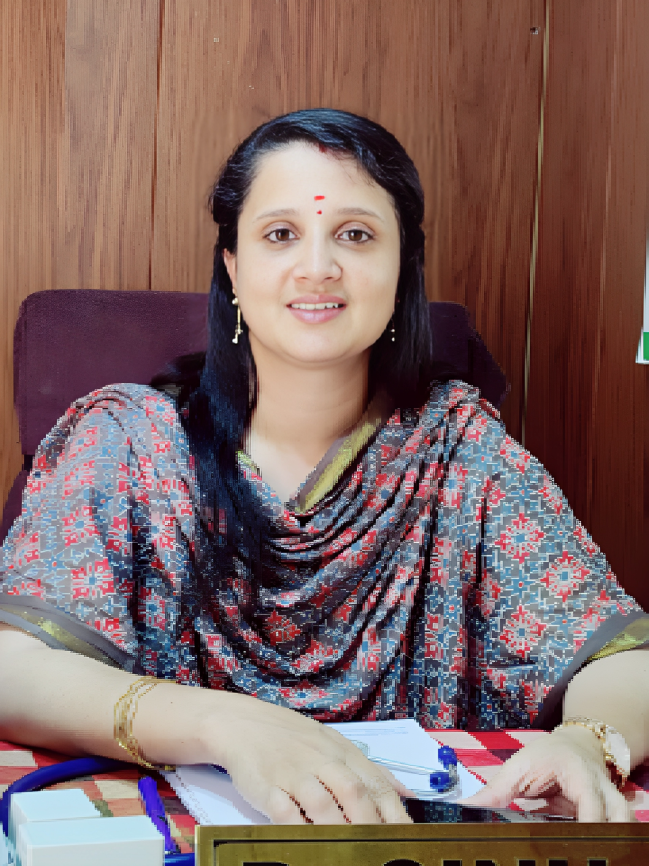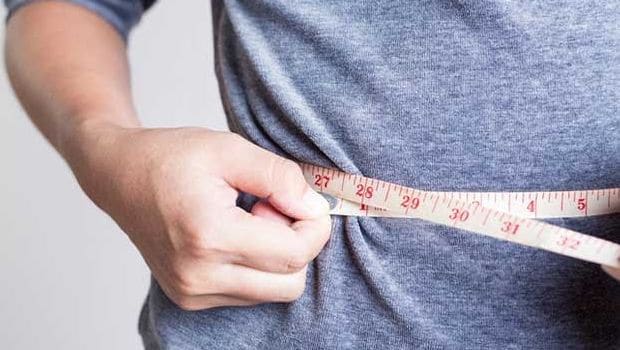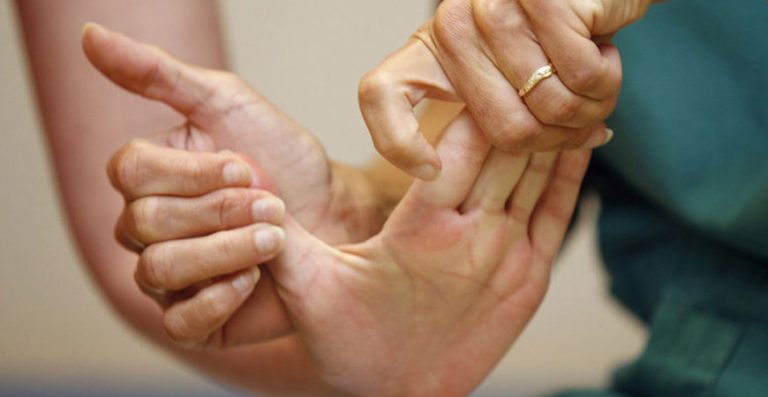Ayurveda, the ancient Indian system of medicine, is gaining popularity worldwide due to its holistic approach to healing the body, mind, and spirit. A stroke is a medical emergency that requires prompt treatment. Ayurveda offers an alternative approach to treating stroke patients, focusing on the root cause of the disease rather than just the symptoms. In this article, we will explore the secrets of Ayurveda and how it can benefit stroke patients.
Understanding Stroke
Stroke is a condition that occurs when the blood supply to the brain is disrupted, leading to brain cell death. This can happen due to either a blockage in the blood vessels (ischemic stroke) or bleeding in the brain (haemorrhagic stroke). Stroke can cause a range of symptoms, including weakness on one side of the body, difficulty speaking, and loss of vision.
Ayurveda and Stroke Treatment
Ayurveda is a holistic approach to health and wellness that focuses on balancing the body, mind, and spirit. The fundamental principle of Ayurveda is that the body has the ability to heal itself, provided that it is given the right environment and conditions to do so. Ayurveda uses natural remedies and techniques to restore balance to the body and promote overall health and well-being.
In Ayurveda, stroke is considered to be caused by an imbalance in the Vata dosha, which is responsible for the movement and circulation of blood in the body. Vata imbalance can be caused by a range of factors, including stress, poor diet, and lack of exercise. Ayurvedic treatment for stroke focuses on balancing the Vata dosha and promoting the regeneration of brain cells.
Ayurvedic Treatments for Stroke
An Ayurveda treatment for stroke includes herbal remedies, dietary changes, and lifestyle modifications. Some of the most effective Ayurvedic treatments for stroke are:
Panchakarma: This is a detoxification treatment that involves a combination of massage, herbal remedies, and other techniques to remove toxins from the body and promote healing.
Shirodhara: This is a treatment that involves pouring a stream of warm oil on the forehead to calm the mind and promote relaxation.
Herbal Remedies: Ayurveda offers a range of herbal remedies that can help promote the regeneration of brain cells and improve blood circulation in the body. Some of the most effective herbs for stroke include Brahmi, Ashwagandha, and Shankhpushpi.
Diet and Lifestyle Changes: Ayurveda emphasises the importance of a healthy diet and lifestyle for overall health and well-being. Stroke patients are advised to follow a diet that is rich in fruits, vegetables, and whole grains and to avoid foods that are high in salt, sugar, and fat.
Regular exercise, meditation, and other stress-reducing techniques can also be helpful in promoting recovery from stroke.
Ayurvedic Meditation Techniques for Stroke Recovery
Meditation is an important part of Ayurvedic treatment for stroke, as it helps reduce stress and promote relaxation. Some Ayurvedic meditation techniques that can be helpful for stroke patients include:
Transcendental Meditation: This technique involves repeating a mantra or word to calm the mind and promote relaxation.
Mindfulness Meditation: This technique involves focusing on the present moment and observing one’s thoughts and emotions without judgment.
Yoga Nidra: This technique involves guided meditation that promotes deep relaxation and healing.
Regular practice of these meditation techniques can help stroke patients reduce stress and anxiety, which can promote overall healing.
Ayurvedic Marma Therapy for Stroke Recovery
Marma therapy is an ancient Ayurvedic healing technique that involves applying pressure to specific points on the body to promote healing and balance. Marma therapy can be helpful for stroke patients, as it can help improve blood circulation, reduce muscle tension and pain, and promote relaxation.
Some of the key marma points for stroke recovery include:
Sthapani Marma: This marma point is located on the forehead and can help improve blood circulation to the brain.
Jivha Marma: This marma point is located on the tongue and can help stimulate the digestive system and promote overall healing.
Hasti Marma: This marma point is located on the hand and can help reduce pain and tension in the arm and shoulder.
Marma therapy should be performed by an experienced Ayurvedic practitioner who can identify the appropriate marma points and apply the right amount of pressure to promote healing. Regular marma therapy sessions can be an effective complement to other Ayurvedic treatments for stroke recovery.
Benefits of Ayurvedic Treatment for Stroke
Ayurvedic treatment for stroke offers several benefits over conventional treatments. Some of the key benefits of Ayurveda for stroke patients are:
Holistic Approach: Ayurveda offers a holistic approach to healing that focuses on balancing the body, mind, and spirit. This can help promote overall health and well-being, not just treat the symptoms of stroke.
Natural Remedies: Ayurvedic treatments use natural remedies and techniques that are safe and effective, without the side effects of conventional medications.
Personalised Treatment: Ayurvedic treatments are tailored to each individual patient, taking into account their unique needs and circumstances.
Improved Quality of Life: Ayurvedic treatment can help improve the quality of life of stroke patients by reducing symptoms such as pain, weakness, and fatigue and promoting overall health and well-being.
Takeaway
Ayurveda offers a holistic approach to treating stroke that focuses on balancing the root cause of the disease rather than just treating the symptoms. By addressing the underlying imbalances in the body, Ayurvedic treatments can help promote the regeneration of brain cells and improve blood circulation, leading to a faster and more complete recovery from stroke.
However, it is important to note that Ayurvedic treatment for stroke should always be undertaken under the guidance of a qualified Ayurvedic practitioner, in conjunction with conventional medical treatment. Stroke is a serious medical condition that requires prompt and appropriate medical attention, and Ayurveda should be used as a complementary therapy, not a replacement for conventional medical care.
In conclusion, Ayurveda offers a safe, effective, and holistic approach to treating stroke, with the potential to promote faster recovery and improved quality of life for stroke patients. By following a healthy diet, lifestyle modifications, and Ayurvedic treatments tailored to their individual needs, stroke patients can improve their chances of recovery and regain their health and well-being. If you are seeking an Ayurveda treatment in Kerala for stroke, Ishani Ayurveda is the place to be.





